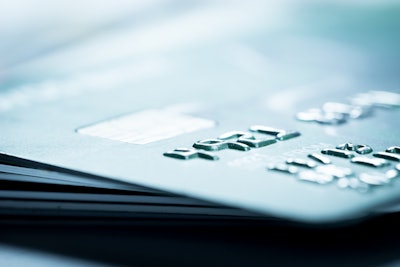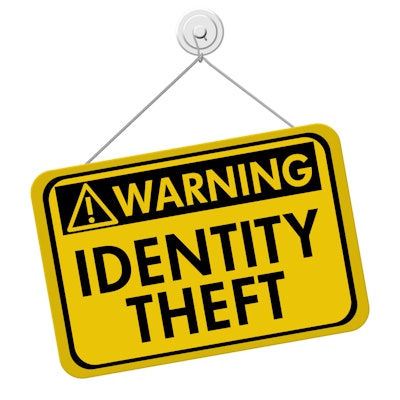
We live in uncertain times, but some things have not changed during the COVID-19 coronavirus pandemic: truckers are on the road. Because they are, and because they rely on numerous credit card transactions to sustain them, drivers can be exposed to identity theft.

In an article for our sister publication Commercial Carrier Journal, Gary Kendle, head of operations for NEXT Trucking, writes:
In addition to keeping their eyes open, there are several steps drivers can take in order to protect themselves:
- Use mobile wallets when possible. Although the move to the credit card chip has helped mitigate some basic fraud, it still leaves something to be desired. Using a mobile wallet on a phone that’s password-protected can help to reduce the risk of credit card fraud. The password is essential but passcodes like 1234 largely eliminate the benefit.
- Check their credit scores. There was a time that checking credit scores with credit bureaus came with costs and/or hurt an individual’s credit score. That’s mostly changed as most banks offer score tracking with at least one of the bureaus. Failing that, annualcreditreport.com allows a person to check their score with each bureau once per year. A driver can alternate bureaus to have a check every four months. Surprising swings in score, and unexpected open lines of credit, are red flags that something is amiss.
- Consider a freeze. Because drivers are often on the road for days at a time, it can be beneficial to place credit freezes with credit bureaus. This ensures that no new accounts are opened in a person’s name, and helps to identify new account fraud, which, again, is very difficult to find and get through.
- Set spending alerts on existing credit cards. A spending alert will notify the credit card holder that there may be unauthorized transactions hitting their credit card.








